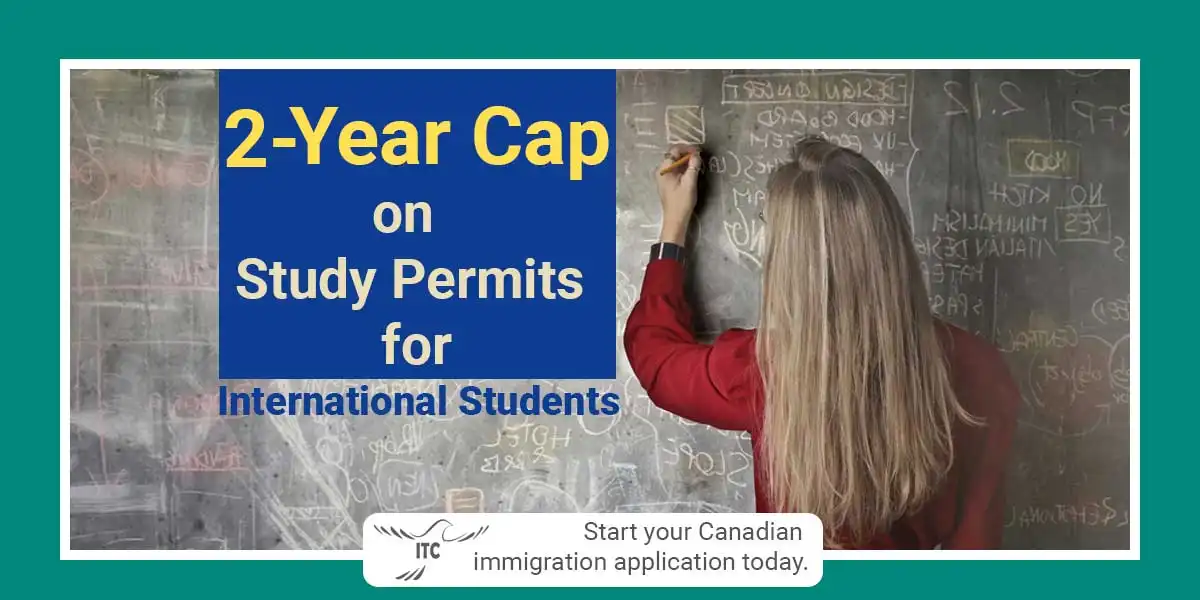The federal government unveils a 2-year cap on international students.
The decision to restrict international student permits is a response to the housing shortage.
The government has announced its intention to grant around 360,000 undergraduate study permits for 2024, reflecting a 35 percent decrease compared to 2023.
Every province and territory will receive a share of the total allocation based on population size. The federal government asserts that this distribution method will lead to “considerable reductions in provinces experiencing the most unsustainable growth in the international student population.
Miller noted that in certain provinces, the overall decrease in permits will be around 50 percent.
The limitations will not affect existing study permit holders or the renewal of study permits. Additionally, individuals pursuing master’s and doctoral degrees are excluded from these caps.
As of January 22, 2024, IRCC announces that each study permit application submitted to them must include an attestation letter from a province or territory (PT). PTs are anticipated to develop a procedure for issuing these letters by March 31, 2024.
The cap will remain effective for a duration of two years, and the quantity of visas to be issued in 2025 will undergo a reevaluation at the year’s conclusion.
IRCC introduces modifications to the eligibility criteria for Post Graduation Work Permits.
IRCC has introduced modifications to the eligibility requirements for the Post Graduation Work Permit (PGWP).
Commencing in September, international students initiating a program under a curriculum licensing arrangement (where a private college is authorized to deliver the curriculum of an affiliated public college) will lose eligibility for a post-graduation work permit.
IRCC clarified that, in the case of curriculum licensing agreements, students attend a private college physically, which has been authorized to deliver the curriculum of a connected public college. While these programs have gained popularity among international students in recent years, they are subject to less oversight than public colleges, creating a loophole in PGWP eligibility.
The government has announced that soon, individuals who have completed master’s and other “short graduate-level programs” will be eligible to apply for a three-year work permit. Additionally, open work permits will be extended to the spouses of international students enrolled in master’s and doctoral programs.
Spouses of international students in other educational levels, such as undergraduate and college programs, will lose their eligibility.
Do you want to have detailed updated information about your visa file?
You can apply for GCMS Report to recieve detailed information about your file; and/or Recieve copy of your file is in process in the IRCC
To find out if you’re eligible for immigration to Canada, simply complete our free assessment! A member of the ITC Immigration Team will review your eligibility and contact you to discuss your options!
Do you want to have detailed updated information about your visa file?
You can apply for GCMS Report to recieve detailed information about your file; and/or Recieve copy of your file is in process in the IRCC



